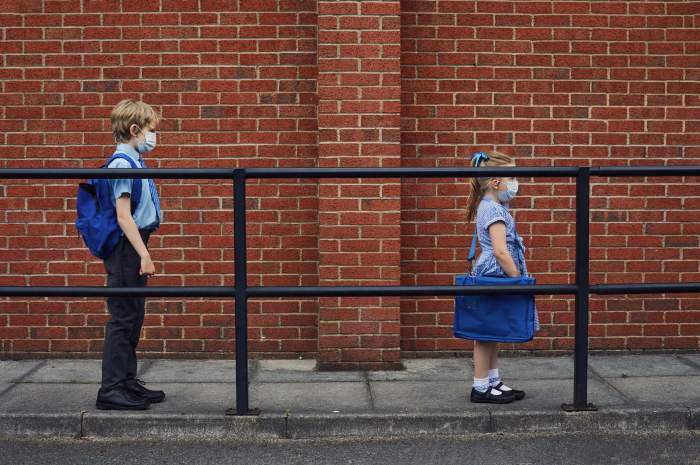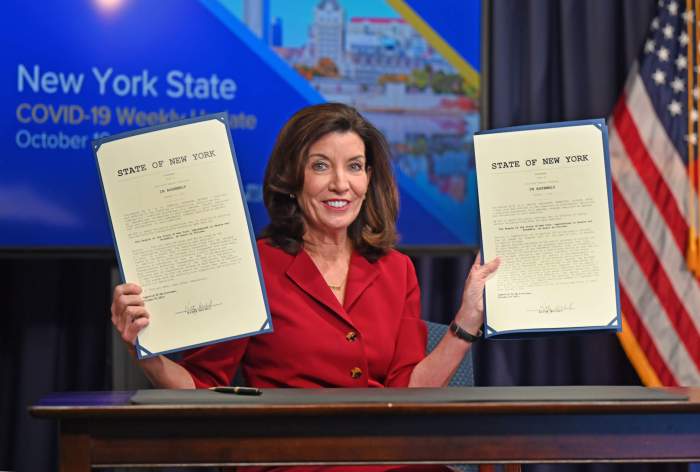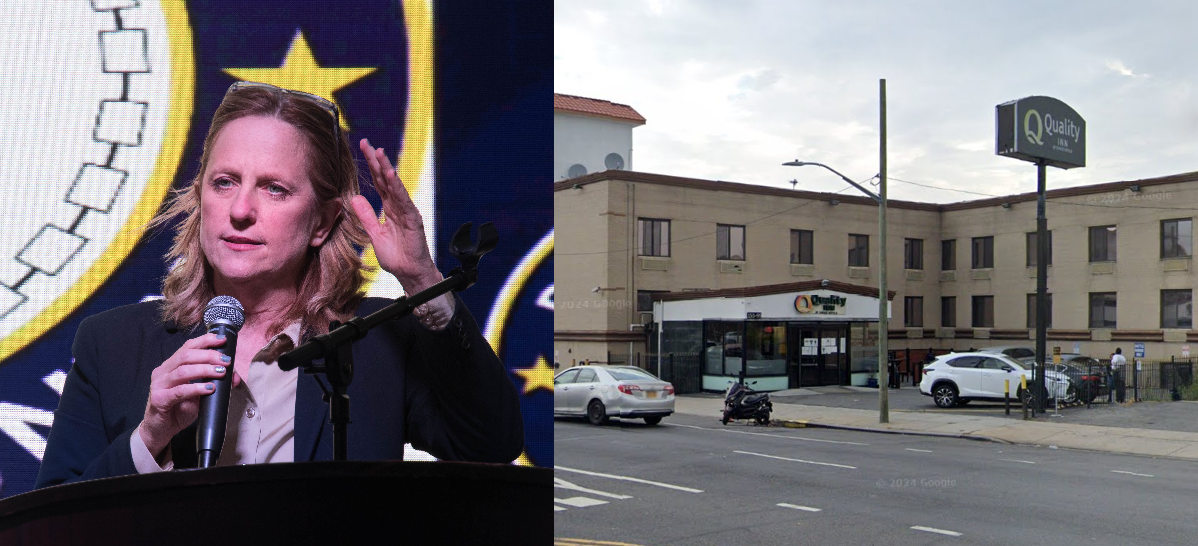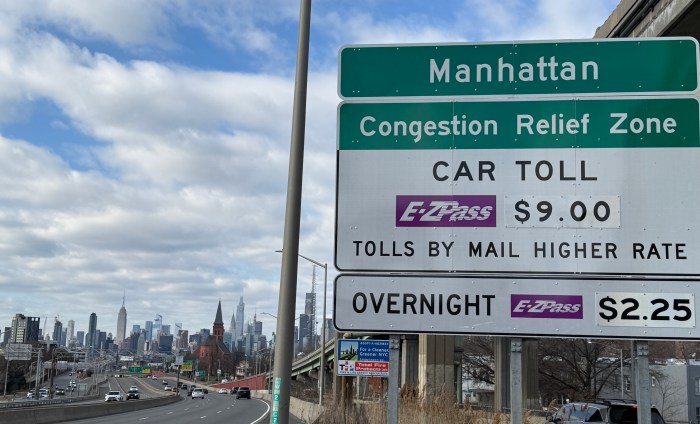Governor Kathy Hochul wants to make the liquor licensing process faster and easier for New York City businesses so they can sell alcoholic beverages, by beefing up the State Liquor Authority and modernize the agency’s processes.
The governor included $2 million in her executive budget to add 39 more employees to the SLA with 30 of those earmarked to help review the applications, doubling the agency’s current capacity.
“They have 114 employees, and 30 [of them are] dedicated to review of those 75,000 applications — that is impossible,” Hochul said during a press conference at a Brooklyn wine bar on March 2.
The SLA currently has a backlog of 3,700 applications, according to Hochul.
It takes the state usually some 26 weeks to process the requests, but the added resources will allow the SLA to shave off months from that, Hochul said.
The governor visited Therapy Wine Bar 2.0 in the Bedford-Stuyvesant neighborhood Wednesday morning to promote a bunch of other policies that she said will get the state’s booze bureaucracy flowing.
She wants the SLA to modernize its decades-old system so that business owners no longer have to mail in paper applications and can instead file and pay for the permits online, which is set to go live this year.
“Kind of a radical concept, I know, I’m kind of going out there on a limb,” she said. “But they’ve not had the resources to build the infrastructure to do what they wanted to do.”
The state is also looking at cutting more red tape in the application requirements, like citizenship and financial documents, according to the governor’s office.
The announcements come as Hochul pushes to legalize the pandemic-era to-go drinks program in the state budget, which will be negotiated with lawmakers in Albany over the coming weeks ahead of the April 1 deadline for the annual spending plan.
Hochul and the legislature in late December enacted another law giving Big Apple businesses the option — already available in other parts of the state — to get temporary liquor licenses within about 30 days.
That allows them to start earning money from selling booze sooner than having to wait for their full permit for half a year while paying rent on their business, noted the SLA’s chairperson.
“When you think the alternative is 26 weeks, that’s just a remarkable difference and it’s certainly going to change the business prospects of the people that are opening these businesses,” said Vincent Bradley.



































